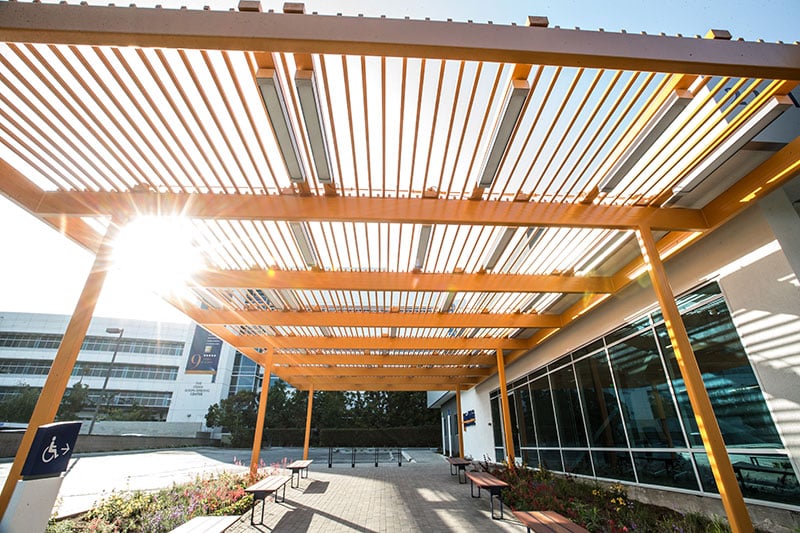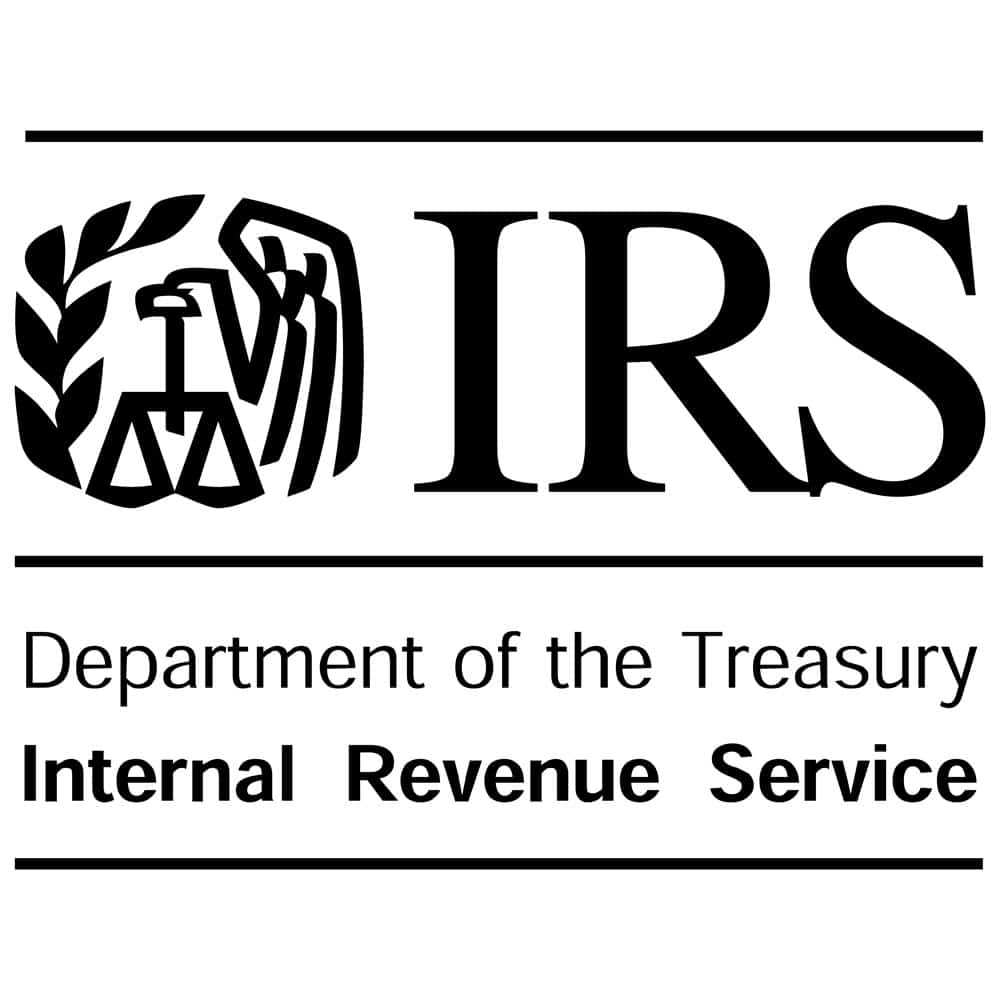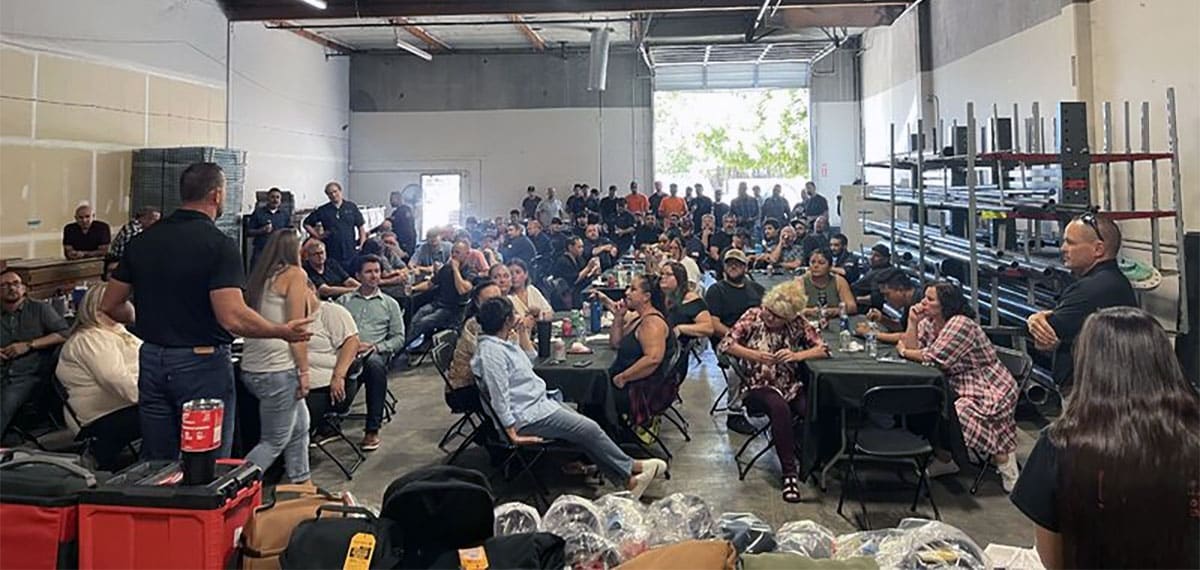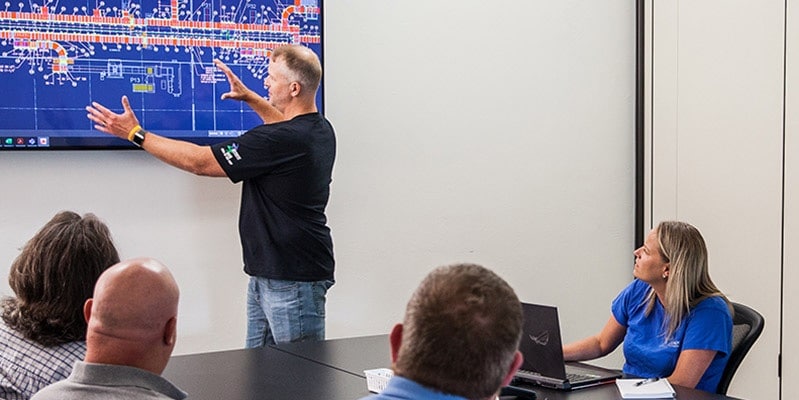Motorcycle manufacturer Harley-Davidson has announced that it will be issuing stock to 4,500 of its employees, including every one of its hourly factory workers. With this move, Harley-Davidson will become one of the most recognizable employee-owned companies in America.
Harley-Davidson has suffered from falling sales in recent years. Giving so many workers an ownership stake in the iconic brand is a strategic move to capitalize on one of the most significant advantages of employee ownership: the boost to employee productivity and morale.
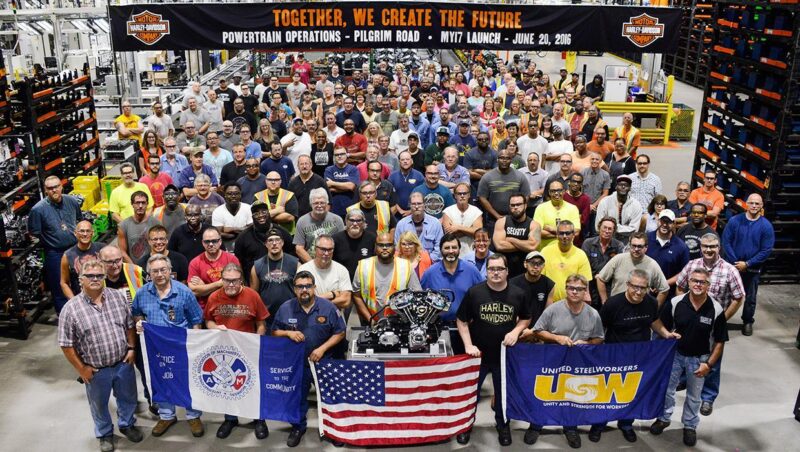
“Everyone contributes to the success of a company. If you don’t have a company culture that’s motivating and positive, you can’t win long term,” Harley-Davidson CEO, Jochen Zeitz said.
Studies have shown that giving employees an ownership stake in their company leads to a measurable increase in motivation. This is hardly surprising. One of the most common workplace complaints is that employees feel like they are expected to put in enormous amounts of labor to help someone else get rich. Giving employees stock gives them skin in the game, allowing them to feel like their hard work has a direct impact on their own earnings.
As reported by Bloomberg, Harley-Davidson’s decision to give its employees an ownership stake in the company was inspired by a somewhat surprising source: private equity giant KKR & Co., which recently rolled out employee stock ownership programs for hourly workers at their portfolio of industrial companies. KKR’s Pete Stavros advised Harley-Davidson CEO Jochen Zeitz on the stock grant, although KKR has no financial interest in Harley and has no intention of acquiring one.
Harley-Davidson’s sales have been in decline for some time now, and attempts by previous CEOs to turn things around have fallen flat. The decision to give their employees an ownership stake in the company puts Harley-Davidson on the same path to profitability that Springfield Remanufacturing famously took in 1983 when it implemented its ESOP with Menke in order to harness the power of its workforce and give its employees a vested reason to work toward its renewed success.
In short, the belief is that Harley-Davidson cannot survive without its workers on board, and that its workers may not stay with the company without the incentive of being able to enjoy the fruits of their labor.
“Everyone contributes to the success of a company. If you don’t have a company culture that’s motivating and positive, you can’t win long term,” Zeitz said.
Bloomberg describes this move as “a small step toward narrowing the gap between the millions pocketed annually by top executives and the average take-home pay of the worker on the factory floor,” as well as “a means of restoring a sense of pride to the manufacturing profession after decades of outsourcing, pension reform and other cost-cutting measures.”
Zeitz himself is a co-founder of the B Team, a group of high-profile business leaders working to “redefine the culture of accountability in business, for our companies, communities and future generations, by creating and cascading new norms of corporate leadership that can build a better world.” Granting stock to Harley-Davidson’s employees shows that Zeitz is genuinely committed to employee ownership as the gateway to building a better, more equitable economy.
Time will tell if it’s a move that pays off, but Harley-Davidson would be far from the first company to see a spike in demand for their products after making such a noteworthy investment in their workers. Customers appreciate working with employee-owned businesses and feel greater confidence in their purchases when they know the product was made by someone with a stake in the company’s success. And, as Bloomberg notes, many of Harley-Davidson’s core customers are union or factory workers who appreciate this display of worker solidarity.
In fact, Bloomberg argues that Harley-Davidson’s embrace of broad-based employee ownership should be emulated across the country, writing: “There’s no good reason why this practice can’t be more commonplace on the factory floor.”
We could not agree more.
To find out what employee ownership could mean for your company, contact Menke today.
Menke & Associates, Inc. has helped over 3,500 companies successfully transition to employee ownership. Our holistic ESOP approach enables a positive outcome for the company, its employees and its shareholders. We believe ownership is powerful.


